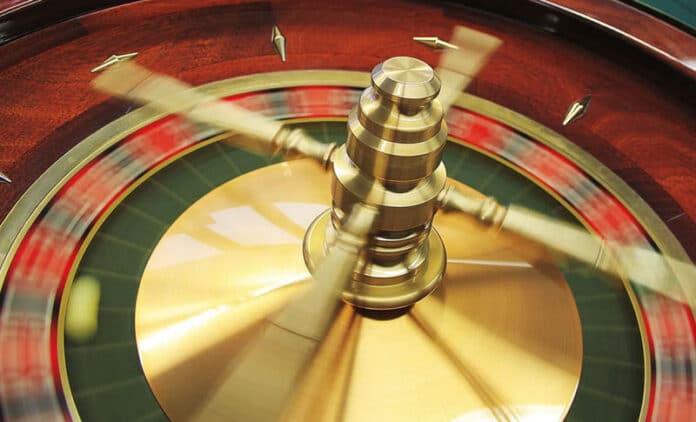Roulette, a game of chance that has captured the hearts of gamblers for centuries, owes much of its allure to the iconic roulette wheel. The evolution of the roulette wheel is a fascinating journey that spans centuries, marked by innovations, design changes, and technological advancements. In this exploration, we delve into the rich history of roulette wheels, tracing their evolution from humble beginnings to the sophisticated designs found in modern casinos.
The Birth of Roulette: 17th Century France
The origins of roulette can be traced back to 17th-century France, where mathematician and inventor Blaise Pascal inadvertently stumbled upon the concept while attempting to create a perpetual motion machine. The earliest roulette wheels, used in makeshift Parisian casinos, consisted of a simple mechanism with pockets for the ball to land. However, these early wheels featured both a single and double zero, a tradition that continues in the modern American roulette wheel.
Evolving Design: 19th Century Innovations
The 19th century witnessed significant developments in the design of roulette wheels. Francois and Louis Blanc, credited with inventing the single-zero wheel to compete with other casinos, played a pivotal role. The introduction of the single-zero wheel reduced the house edge, making it more attractive to players. This design, known as the European wheel, became the standard in casinos across Europe.
American Innovation: The Double-Zero Addition
Meanwhile, across the Atlantic, American casinos embraced a slightly different path. To increase the house edge, American roulette wheels retained both the single and double zero. This decision gave rise to the American wheel, which is distinguishable by its 38 pockets. The American version became prominent in the United States, creating a distinct difference from its European counterpart.
Materials and Craftsmanship: 20th Century Advancements
As the 20th century unfolded, advancements in materials and craftsmanship further refined the roulette wheel. Traditional wooden wheels gave way to more durable materials like Bakelite and other synthetic composites. This shift not only enhanced the durability of the wheel but also allowed for more intricate and precise designs.
The Digital Age: Electronic and Online Roulette
The advent of online casinos marked another significant leap in the evolution of roulette. Players could now enjoy the game from the comfort of their homes, and digital roulette wheels became an integral part of virtual gaming experiences. Random number generators (RNGs) replaced physical wheels in many online iterations, ensuring fairness in outcomes. There are many other advantages to online roulette, making it a very common form of playing the game today.
With so many out there, it is important to sign up at the best online casinos available. Here you will find excellent options to play roulette online. They have a convenient table so you can compare features such as bonuses and payment methods at a glance. They also dive into more details in terms of user experience, customer support options, and the licensing and regulation. If you are looking to try out online roulette, this is a great place to find your next online casino.
Innovations in Wheel Technology: Present-Day Roulette Wheels
In recent years, technology has continued to play a key role in shaping the modern roulette wheel. Some casinos have introduced automated wheels that eliminate the need for a human croupier. These wheels, equipped with sophisticated sensors and cameras, ensure accurate ball tracking and fair play. Moreover, the integration of artificial intelligence technologies with roulette has opened new possibilities for experiences. Exactly what the effects of this burgeoning technology will be are yet to be known.
Conclusion: The Wheel Keeps Turning
From its humble beginnings in 17th-century France to the high-tech roulette wheels of the 21st century, the evolution of roulette wheels is a testament to the enduring appeal of this classic casino game. The transition from simple wooden wheels to sophisticated electronic and virtual variants reflects not only advancements in technology but also the dynamic nature of the gambling industry.
As we marvel at the sleek designs and cutting-edge technology of modern roulette wheels, it’s essential to appreciate the historical journey that has brought us to this point. The roulette wheel, with its timeless allure and rich history, continues to spin, promising excitement and uncertainty for generations of players to come.
To get the best free roulette systems that really work, see the top 5 proven roulette systems and the video series below. It's the best 100% free information for winning roulette you'll find. It's written by professionals who are really earning a living from roulette. |

